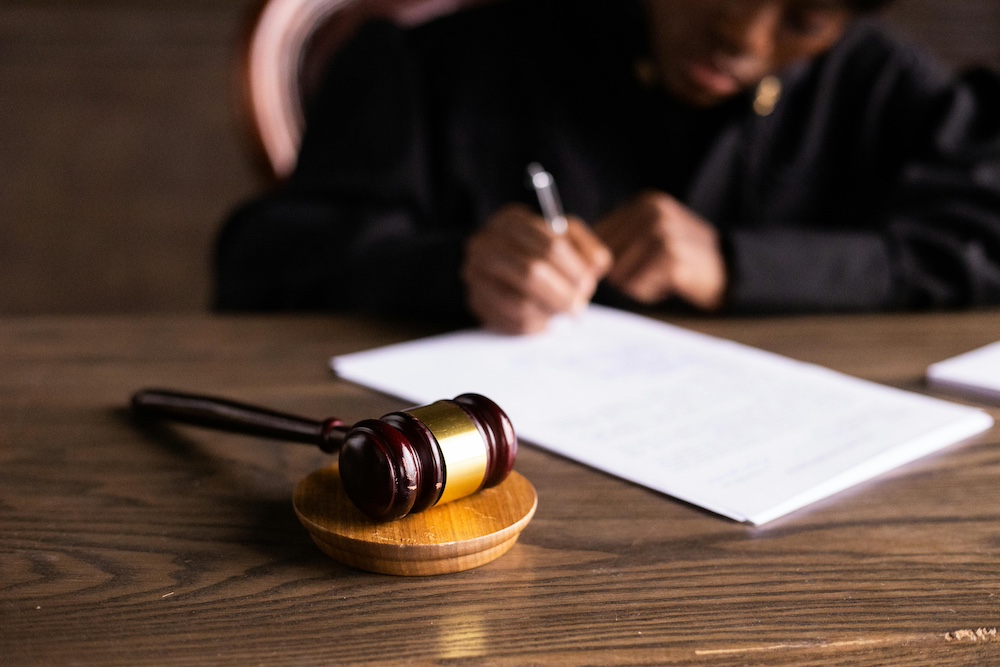A youth criminal record is not the same as an adult criminal record—but that doesn’t mean it disappears entirely or can never be disclosed. In Canada, youth record disclosure rules are governed by the Youth Criminal Justice Act (YCJA), which offers young people special protections while still holding them accountable for their actions. However, in certain situations, these records can be shared with others, including police, the courts, and even the public.
If your child has been charged or convicted of a crime, understanding the rules around youth record disclosure is essential for protecting their future.
What Is a Youth Record?
A youth record refers to any information kept about a young person (aged 12 to 17) who has been charged with or found guilty of a criminal offence under the Criminal Code, the Controlled Drugs and Substances Act, or another federal statute. These records may include:
- Police reports
- Charging documents
- Court transcripts
- Sentencing details
- Extrajudicial sanctions or police cautions
These records are subject to specific disclosure and access rules under the YCJA, which are designed to promote rehabilitation and reintegration rather than punishment.
Who Has Access to a Youth Record?
Access to youth records is strictly limited and depends on who is requesting the information and why. Under the YCJA, youth records can only be disclosed to:
- The young person themselves
- Their lawyer
- The police (in limited contexts)
- The Crown prosecutor
- The judge or court officials
- Youth justice services (e.g., probation officers, caseworkers)
- Victims of the offence (in some cases, and only limited details)
Schools may be informed of a youth’s criminal record if it relates to school safety, but even then, only specific individuals within the institution will be allowed to access the information. In most cases, employers, landlords, and the general public do not have access to youth records.
When Can a Youth Record Be Disclosed?
Youth records can be disclosed:
- During active investigations involving new offences
- To enforce court orders or probation terms
- When the youth applies for specific jobs (e.g., with vulnerable populations) and consents to a background check
- In the case of serious violent offences, where records may be made more broadly available
Disclosure must comply with the YCJA, and unauthorized sharing of a youth record is a criminal offence.
How Long Does a Youth Record Last?
A youth record is not permanent—but it doesn’t disappear immediately after court proceedings end. The record remains accessible for a retention period, which depends on how the case was resolved.
Here’s a general breakdown of youth record retention periods:
| Case Outcome | Retention Period |
| Not guilty / charges withdrawn | Immediately sealed |
| Extrajudicial sanction | 2 years from completion |
| Summary conviction | 3 years after sentence completion |
| Indictable conviction | 5 years after sentence completion |
| Additional offence during retention | Retention restarts from new date |
If the youth commits another offence during the retention period, the clock resets. Once the retention period ends without any new offences, the youth record is sealed and no longer accessible for most purposes.
What Happens If a Youth Turns 18?
Turning 18 does not automatically erase a youth record. However, once the retention period ends, the record is sealed and generally cannot be used in adult criminal proceedings, background checks, or public access.
That said, if a young person is convicted of a serious violent offence and the court chooses to impose an adult sentence, the youth record may become part of their adult record—which is permanent and accessible by the public.
Can a Youth Record Affect Employment or Travel?
As long as the record remains open, it can appear on police background checks for employment or volunteering. This is especially relevant for positions involving vulnerable persons (children, elderly, disabled individuals), where vulnerable sector checks may reveal even youth findings.
When travelling internationally, particularly to the United States, border authorities may access certain records, especially if charges involved violence, drugs, or weapons. Even sealed records may be problematic if the information was previously disclosed or shared.
Can You Seal or Destroy a Youth Record Early?
In most cases, youth records are sealed automatically after the retention period ends, as long as the youth has not committed any further offences. There is no formal application process for sealing youth records like there is for adult record suspensions (formerly pardons).
However, legal assistance may be needed to:
- Confirm the exact retention timeline
- Ensure the record is properly sealed
- Prevent improper disclosure by police or third parties
- Address any errors or violations of disclosure rules
What If a Youth Record Is Disclosed Improperly?
It is a criminal offence under section 129 of the YCJA to disclose a youth record outside the legal parameters. This includes police, school officials, or anyone else sharing information unlawfully. If this happens, a lawyer can:
- File complaints with oversight bodies
- Demand the destruction or retraction of improperly shared information
- Seek remedies or damages where appropriate
Schedule a Free Consultation with LichtmanLaw
Youth record disclosure rules are strict—but not always followed correctly. If your child is facing charges, already has a youth record, or has been affected by the improper disclosure of private information, we can help. Protecting a young person’s future requires swift, experienced legal guidance.
Contact us now to schedule a free, confidential consultation.


